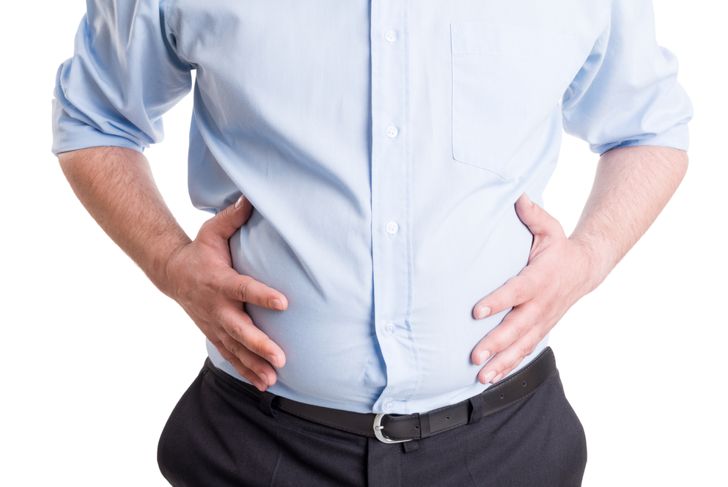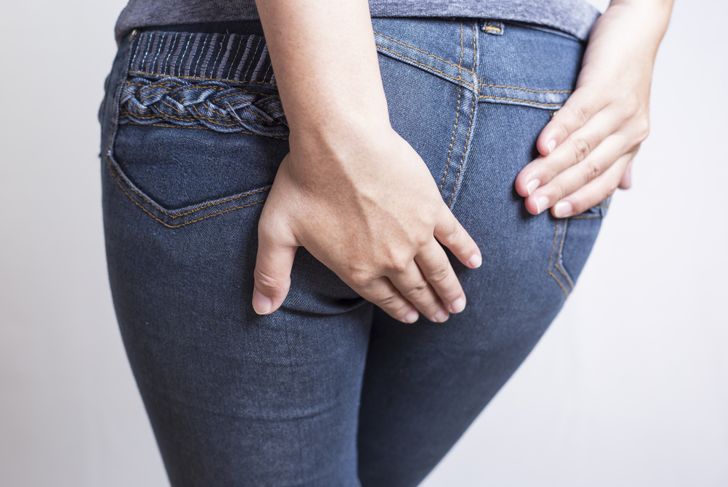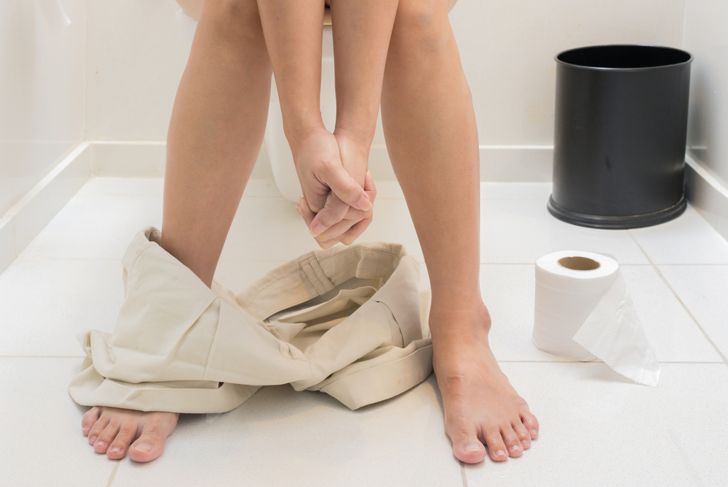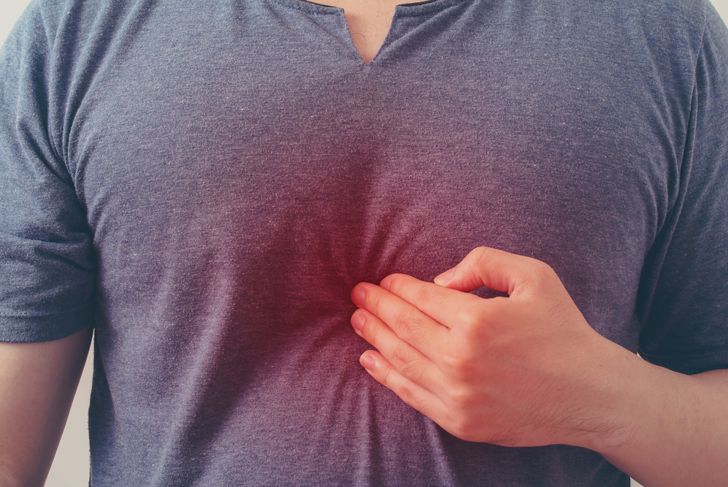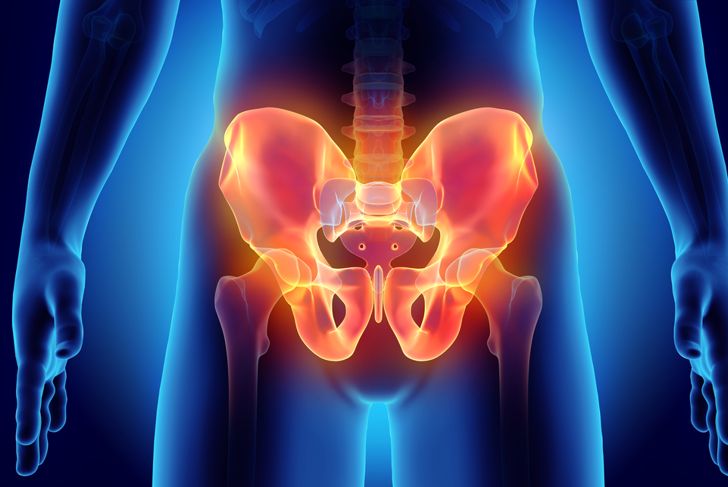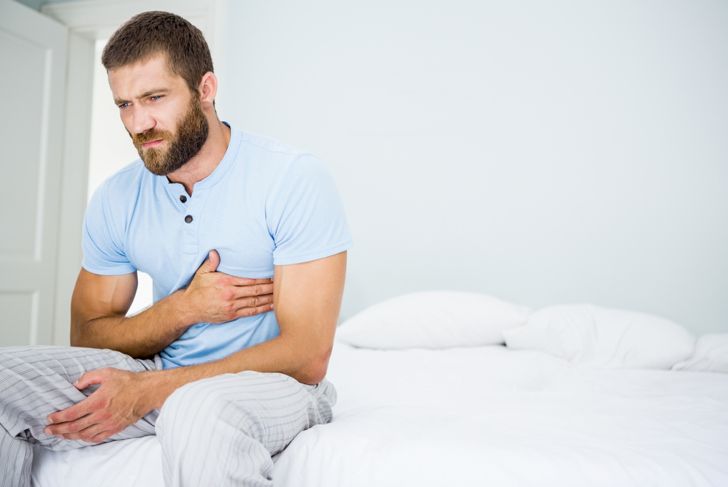Everyone at some point in their life will feel general stomach pain or abdominal pain. There are many, many causes and at times it can be hard to pinpoint what the direct causes are for the particular symptoms in the area. Stomach pain affects both men and women and is mostly not a serious condition that can be relieved by various treatments and remedies. However, if the pain is continuous and severe, it can be a sign of something more serious. These common symptoms of stomach pain refer to experiences of an ache, cramps, sharp or dull pain in the entire abdominal area.
Bloating
Abdominal bloating is not a very pleasant experience. Not just the feeling of an engorged stomach, the pain associated with bloating can sometimes be quite severe, especially is it occurs suddenly. You may feel severe cramps in the area between the areas below the ribs to above the pelvis and a general feeling of fullness in the stomach.When weight loss accompanies bloating it may be cause for concern. If you are losing weight without any change in diet or exercise, but you are still bloated, especially after only a small amount of food, you need to see a doctor to talks about the possibility of an obstruction or tumor in the intestines.
Belching/burping
Burping, or belching, is the act of expelling gas via the mouth and everyone does it. It is transmitted from the upper intestines, and it can be uncomfortable at times. Caused by a distended stomach from swallowing large amounts of air, or gulping down food and carbonated drinks too quickly, it can also occur from non-food related issues such an anxiety or even habit. Belching will often bring relief to what feels like a swollen gut. But if the problem is not gas in the stomach it will not relieve your abdominal discomfort.
Flatulence
Produced by the colon, flatus gas is gas that is passed and is lower intestinal gas. The average amount of gas in an individual depends on the colonic bacteria and all the undigested food that hits the colon, plus the speed at which the gas passes through the intestine. The thing is, everyone has flatulence. It happens when passing gas becomes severe that you should take note and be aware of what other symptoms your body has around this time. It can be affected by your diet, the amount of food and drink you ingest and other issues relating to the lower intestinal system.
Indigestion
Stomach pain through indigestion (dyspepsia) is considered upper abdominal pain, but the pain in the body can also at times be felt in the back. Indigestion is when the small part of the intestine, the stomach and at times, the esophagus, cannot function normally. Symptoms of pain, nausea, bloating and burping will come and go periodically over a long period and fluctuate in intensity. Specific foods can trigger indigestion; it is usually caused by an underlying condition such as ulcers, gallbladder disease or other gastroesophageal diseases.
Fever and dehydration
Dehydration is not always s simply about not drinking enough water. Dehydration that relates to abdominal pain can come from stomach cramps and diarrhea, which cause fluid and electrolyte loss. Which is why the quickest way to better hydrate the body, is to drink water. Fever symptoms are pretty clear: sweating, shivering, a headache and muscle ache, and a general feeling of weakness. A fever is a body trying to fight off infection, and if you have a fever along with severe stomach cramps, you will need to see a doctor to determine the prognosis.
Constipation
Constipation is a very common condition for people around the world and is caused by many factors, primarily the slow movement of material through the bowel colon. This blockage may come from certain medication, a low fiber diet, hormonal disorders, and disease in the colon, or high levels of progesterone in pregnancy or poor bowel habits. Symptoms include discomfort in the lower abdomen, infrequent bowel movements and when they do happen, the stools are hard and small. Straining to go to the toilet will also put pressure on the anus and may result in bleeding from the rectum and hemorrhoids.
Diarrhea
Diarrhea is an increase in bowel movements during the day and an increase in the looseness of an individuals stool. This increase is caused by a reduced absorption of fluid from the intestine, a higher secretion of fluid to the gut, or the extremely rapid passage of stool through the intestine. Either acute or chronic, you may feel the inability to control your bowel movement, and an urgency to get to the bathroom, incontinence, the sensation that you have not finished your bowel movement and the need to expel directly after a meal. Diarrhea can also make you dehydrated and cause an irritation of the anus.
Gerd
Though it is known more commonly as reflux or heartburn, these are just symptoms of Gerd as a condition. Gerd is Gastroesophageal reflux disease, and it is a condition where the acidified liquid content of the stomach, backs up into the esophagus. It is a complex condition and may cause damage to the lining of the esophagus, including ulcers and strictures within the esophagus, inflammation of the lungs and throat and laryngeal inflammation. Symptoms are varied, but it is mainly a combination of nausea, heartburn, and regurgitation, all causing a great discomfort in the chest, upper abdomen and esophagus.
Pelvic discomfort
The bowel and bladder are located within the structure of the pelvis. For women, the uterus and ovaries are also located there. Abdominal pain can cause pelvic discomfort in some people; both men and women, when one or more of the organs in the lower gastrointestinal tract is inflamed, damaged or abnormal. Appendicitis and irritable bowel syndrome can cause lower abdominal pain, as can strangulate a hernia and bladder infections. All these lead to pain in the pelvic region.
Chest discomfort
Chest discomfort can mean many things, and one may ask why there should be chest pain when the underlying condition comes from the stomach and abdomen. As the pain in the stomach area can reach up to under the rib cage, it is very likely that you will feel some pain in the chest and upper back area. If the stomach pain has risen to the esophagus, you will most definitely fee the burn behind the central chest bone in the middle of the ribcage. At times this can be very light and feel like a dull ache, therefore, unexplained chest pain, deriving from discomfort in the stomach and upper intestinal tract.

 Home
Home Health
Health Diet & Nutrition
Diet & Nutrition Living Well
Living Well More
More